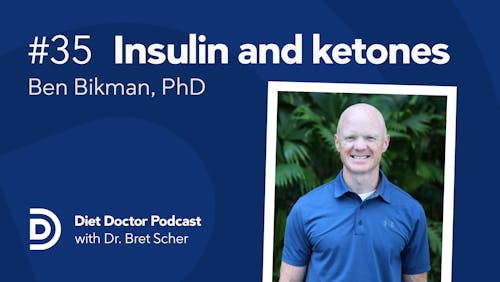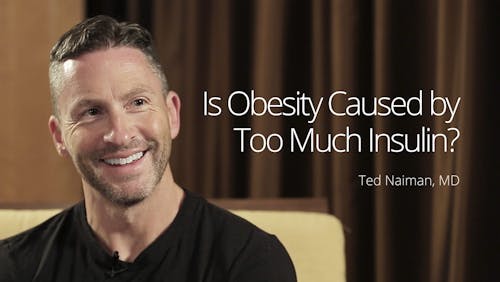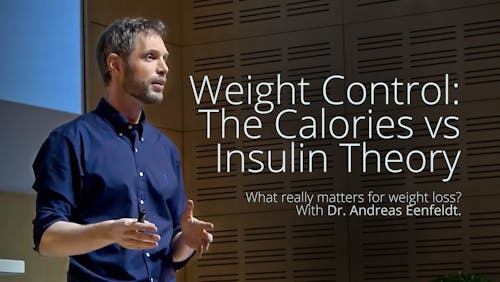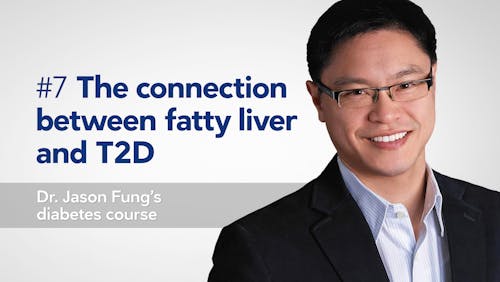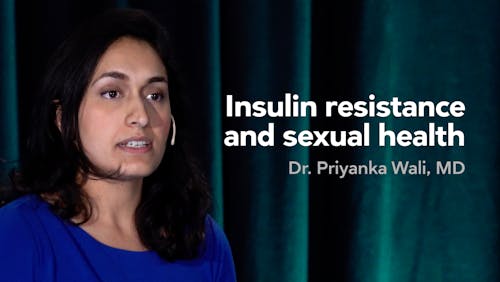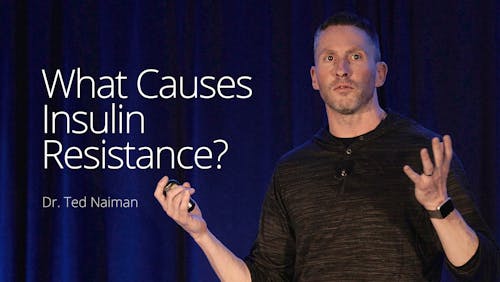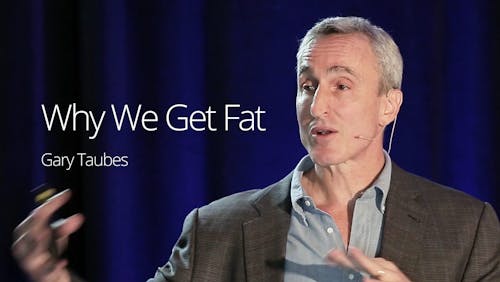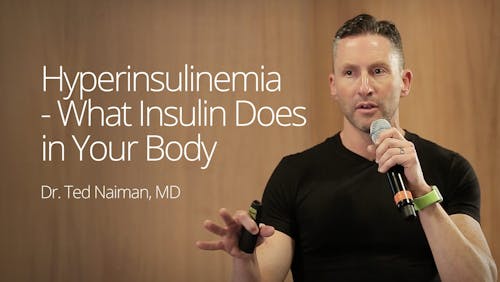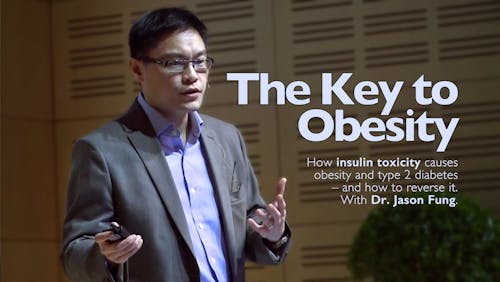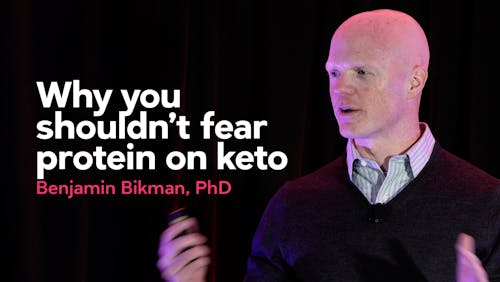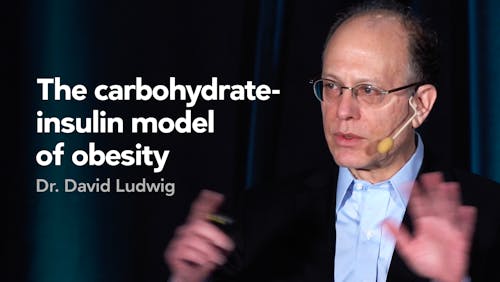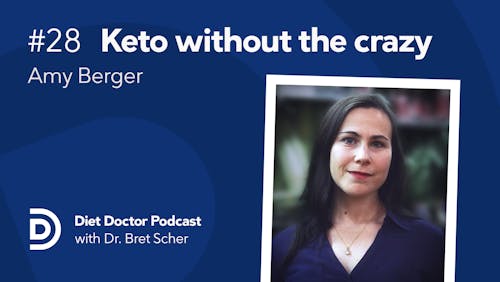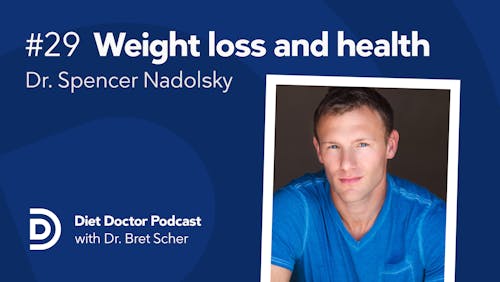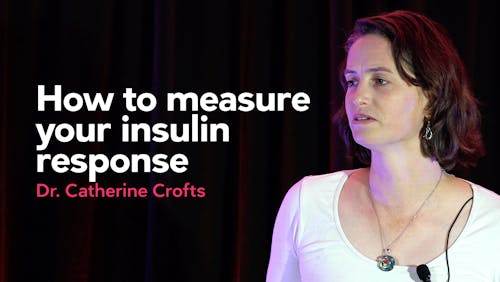High insulin precedes obesity, a new study suggests
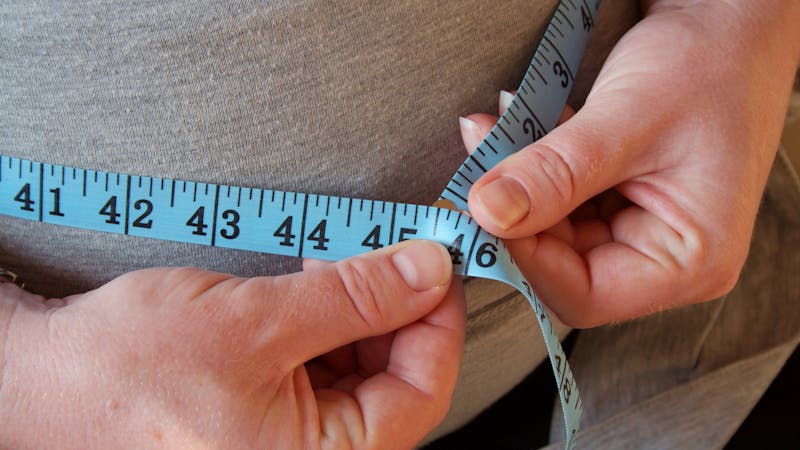
A new study published in JAMA Network Open reports that insulin levels rise first, and then people develop obesity — not the other way around.
Why is this important? Traditional teaching is that obesity is related to dangerous health outcomes, including premature death.
However, as the study’s authors point out, the association between obesity and premature death is not strong and fails many criteria to suggest a cause and effect relationship. Perhaps the risks linked to obesity have more to do with poor underlying metabolic health than obesity itself.
Additionally, traditional medical belief is that people become obese first, which then triggers insulin resistance and hyperinsulinemia. If that is the case, any weight loss technique, including liposuction, should be equally beneficial for improving insulin sensitivity.
But if the opposite is true — if insulin resistance does lead to obesity — then only weight loss strategies that also lower insulin resistance and improve metabolic health will successfully address the underlying metabolic dysfunction and reduce the risk of future health complications.
While the current study does not prove that insulin resistance causes obesity, it makes a strong case for it.
The authors reviewed 60 studies — randomized trials and observational studies — with over 5,600 participants. They concluded that subjects had elevated insulin levels before they had a rise in their BMI. But the converse was not true. They did not start with elevated BMI and develop elevated insulin levels later. (caveat, these were subjects engaged in some sort of weight loss program including bariatric surgery for many).
Considering the number of people with metabolic dysfunction who are not overweight and the number of people with obesity who don’t have metabolic dysfunction, the paradigm of insulin driving obesity makes sense.
The so-called TOFI (thin on the outside, “fat” on the inside) or “skinny-fat” population tends to have visceral fat (fat around the organs) and insulin resistance, but they don’t have the traditional amount of fat to be considered obese.
Consider the patient with type 2 diabetes or polycystic ovary syndrome (PCOS). They are often overweight, and their diagnosis gets “blamed” on their excess weight. But, perhaps it has more to do with rising insulin levels than the weight itself.
If the disease state is more related to elevated insulin levels, then preventive measures and treatment strategies should focus more on addressing insulin resistance and metabolic health — and focus less on the number on the scale.
It’s true that many different weight loss strategies can help lower insulin levels and improve metabolic health — but not all.
Low-carb diets that focus on reducing carbohydrates, getting adequate protein, and adding fat for flavor have demonstrated significant benefits for weight loss, reducing insulin resistance, and improving blood sugar control. Low-carb diets aren’t the only approach, but they certainly are an effective one.
It is also true that this study is not “proof” that insulin resistance always causes obesity, and obesity never causes insulin resistance. In fact, the association between hyperinsulinemia and future obesity was greatest for those undergoing bariatric surgery, and it is unclear how this might apply to the broader population.
So, don’t take this study as proof of the “carbohydrate-insulin model of obesity.” Instead, we can see it as more evidence that metabolic health plays a critical role in weight management and the health repercussions of obesity.
Thanks for reading,Bret Scher, MD FACC
Earlier
Short-term fasting and LCHF are effective treatments for fatty liver
